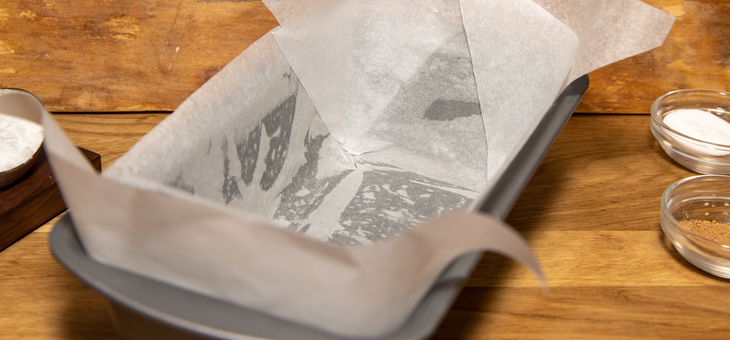The process of grease-proofing products is possibly not something you think about often. But the industrial ‘forever chemicals’ used in the process have been linked to cancer and are found in our food, water, and even our blood.
You may be familiar with grease-proof baking paper, and you may be aware that many fast food restaurants use wrappers coated in grease-proofing chemicals, as well as many stain and water-resistant items.
These same chemicals are used to coat most carpets, car interiors, non-stick cookware and to make grease-proof mats for labs and workshops.
Unfortunately, the same properties that make PFAS (perfluoroalkyl and polyfluoroalkyl substances) excellent at grease-proofing means they don’t break down easily. The compounds have been used for decades and PFAS levels have built up in the environment to dangerous levels, according to a new study.
Read: Can your sunscreen harm the environment?
The study focused on examining the dangers of PFAS chemicals and potential strategies for mitigating them.
PFAS chemical compounds can repel grease and most liquids due to their high fluorine content.
There are more than 4000 types of PFAS in Australia and environmental authorities are concerned about how easily the chemicals move through animals, water and land.
Read: Save money and the environment with these eco habits
“They’re out there, we need to be aware of them, and it’s really hard to eliminate them,” says Dr Keith Vorst, lead author of the study.
“We’re looking at continuous monitoring of exposure limits. We’re trying to develop threshold limits for packaging and products.
“We’re also looking at how we can change these chemistries to get them out of the environment, make them less persistent or sequester them.”
Apart from the environmental damage, health experts warn that exposure to high levels of PFAS chemicals can cause increased risk of cancer, thyroid hormone disruption, liver and kidney damage, high cholesterol, immune system deficiencies and even low birth weights for babies born to mothers exposed to PFAS.
Fish and livestock containing PFAS chemicals can be consumed by humans, but there are no legal guidelines for PFAS levels in food in Australia.
Read: Experts ‘disturbed’ over toxic discovery in popular make-up products
“Scientific evidence suggests dietary exposure to these PFAS through the general food supply is likely to be low,” the federal Department of Agriculture says.
“Therefore, no maximum limits have been set for PFAS in food by Australian or international regulators and there are currently no restrictions on domestic or international trade in agricultural products.
Instead, Food Standards Australia New Zealand (FSANZ) has developed ‘trigger points’ for livestock products including meat, offal and milk, as well as seafood, fruits and vegetables.
The trigger points are not legally binding and are intended to be used by government authorities to identify whether further investigation may be required if PFAS are detected in analysed foods.
The Guardian reports that US President Joe Biden is requesting $10 billion in the infrastructure bill to address PFAS. But concerned environmentalists say this still falls short of what’s required to confront an unprecedented crisis.
Dr Vorst says you should try to only use products that are PFAS free, but adds: “You cannot avoid them as they are ubiquitous in products and the environment.
“We need to continue to develop research for suitable PFAS replacements that do not impact the environment or human health.”
Should the government introduce legal limits for PFAS chemicals? Are you worried about what they might be doing to your health? Let us know in the comments section below.
If you enjoy our content, don’t keep it to yourself. Share our free eNews with your friends and encourage them to sign up.

